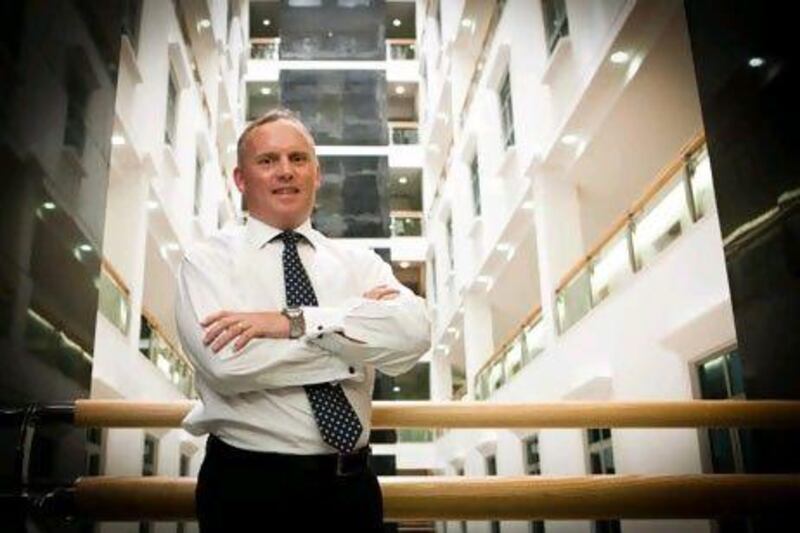Offshore tax havens are often deplored for merely making the rich richer.
Since the start of the financial crisis, international authorities have clamped down on the impenetrable bank privacy laws in offshore havens such as Switzerland and the Cayman Islands over possible tax evasion by account holders, forcing many such havens to rethink their business models.
In the Global Financial Centres Index (GFCI), published last month, London, New York and Hong Kong remained the leading cities for banking and other financial services.
Despite a steady decline in ranking for offshore centres in the past three years, many are still considered important places for Middle East investors to do business.
Jersey and Guernsey scored higher on the index than Dubai, which was the highest ranking financial centre in the Middle East.
Compiled by the think tank Z/Yen group and sponsored by the Qatar Financial Centre Authority, the GFCI was based on surveys of industry professionals, office rental rates, airport satisfaction and transport.
For UAE residents living in a tax-free country, the benefits to offshore tax havens might not seem immediately obvious.
But Vince Truong, an adviser at Holborn Assets, says expatriates should think of offshore bank accounts as "mandatory".
Mr Truong says there are a number of benefits for expats in opening offshore bank accounts and holding investments overseas.
"We tell our expat clients to keep only what you need for living costs in the UAE. The rest should be offshore," he says. "It's just because of the complexity of settling accounts here under Sharia law if you die."
Mr Truong says the offshore centres are geared towards expats and people living in different time zones.
Many banks in offshore centres have 24-hour customer services and offer accounts where holders can transfer money at no cost between euros, US dollars and British pounds.
Some banks have much of their insolvency liabilities protected, so customer deposits in bank accounts are protected up to a certain amount.
The GFCI report says Jersey and Guernsey are "working to change perceptions and to rise above the status of offshore specialist centres".
Jersey Finance, a non-profit organisation tasked with promoting Jersey as a financial centre, recently set up an office in Abu Dhabi to build ties with the region.
Sean Costello, the head of business development for the GCC and India at Jersey Finance, says there are already significant connections between the Gulf and Jersey, which include business bank deposits, family deposits, fund management, sukuk structures, asset management and private wealth management.
Banking institutions from the UAE with offices in Jersey include Emirates NBD, National Bank of Abu Dhabi and HSBC Middle East.
As of December last year, there were £164 billion (Dh972.49bn) worth of deposits in Jersey bank accounts, with 12 per cent from the GCC.
For many overseas investors in managed funds or investment trusts there is a wide choice, but for US citizens the investment advantages are not so clear, Mr Truong says.
In the US, you cannot invest in any fund that is not registered in the country. If you live outside the US and invest in international funds, there are very onerous reporting measures.
So investors are also liable to hefty capital gains tax on the investments that are declared, he says.





